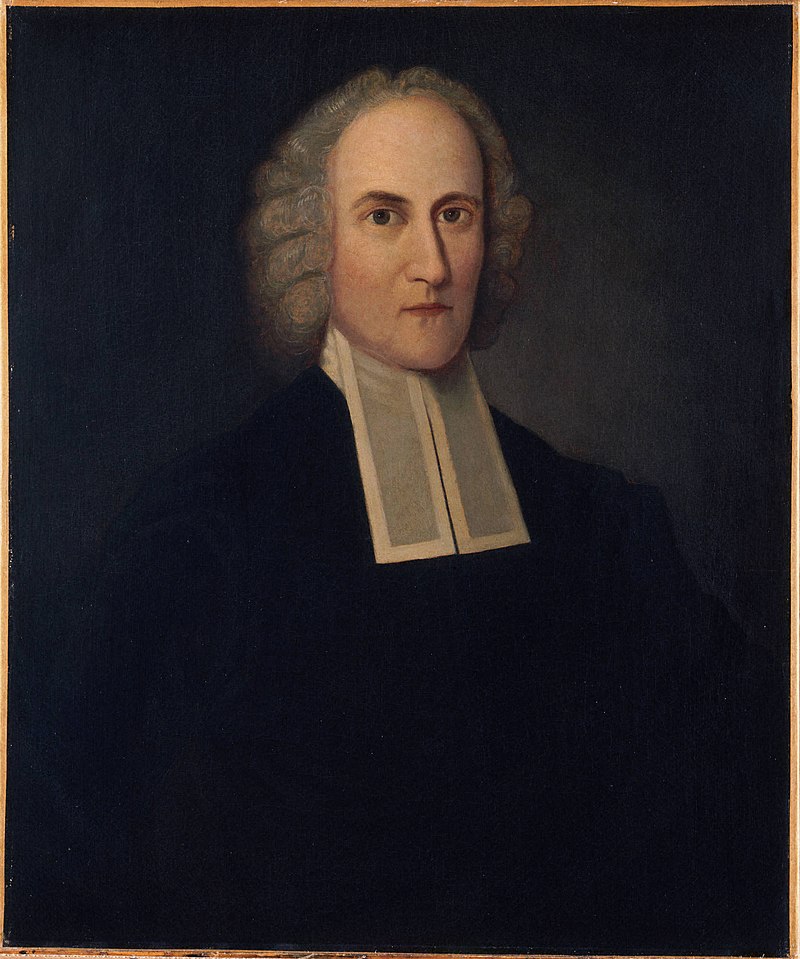
- Posted on:July 14, 2024
- Categories: Inspiring Story
- Author: Darren Sapp
Tensions brewed for two years at the 600-member church in Northhampton, Massachusetts, where congregants sought to oust their pastor of over twenty years. People will challenge biblical truth, but God’s word is always true.
Jonathan Edwards held a fundamental belief that church members should set themselves apart from the world, and he began to communicate that through actionable steps. Trouble began when he publicly criticized the behavior of some boys for sinful behavior, thus upsetting their influential parents. The town had become open to allowing more sexual liberty among its young men. One of Edwards’ most vocal opponents, his own cousin Joseph Hawley, had taken the side of a younger brother’s paternity suit. Edwards suggested the brother acknowledge his sinful act and marry the girl he had impregnated, but a church council rejected Edwards’ opinion.[1]
As a matter of policy, he wanted only professing believers to take communion. Finally, he began to disagree with the Halfway Covenant—a policy whereby the children of non-members could gain partial church membership. Hawley opposed Edwards again espousing his liberal views, and he persuaded much of the church to fire Edwards.[2]
In each instance, Edwards remained firm in what he considered a biblical stand for truth. His appointment as leader of that flock gave him a passion to fight for the spiritual health of his church. It was a battle he took seriously.
A vote loomed, and he chose to convince them through a series of sermons where he argued his stance from the Scripture. The members refused as Edwards faced the challenge of steering decades of church policy in a new direction, which he considered the true marks of a Christian church. He held a series of lectures in an attempt to teach the truth as he saw it, but few attended. The members, for their part, resented his forceful, fatherly role, although it had served them well for many years.
After a series of member meetings, the church council voted him out. They did, however, find no fault in him personally and acknowledged the professional and saintly way he’d handled the matter. His opponents simply swayed them.
For his final sermon, he chose the following from the second book of Corinthians, “As also ye have acknowledged us in part, that we are your rejoicing, even as ye also are ours in the day of the Lord Jesus“ (2 Corinthians 1:14). His grace and humility shone through as he chose to part ways with the tenderness and love he had pastored by.[3]
Edwards’ goal through the entire affair had one aim—to stand for the truth in that only confessing believers participate and gain membership in the church. “Therefore, my beloved brothers, be steadfast, immovable, always abounding in the work of the Lord, knowing that in the Lord your labor is not in vain” (1 Corinthians 15:58, ESV). He didn’t demand this based on pride, but on principle. Is there a principle you’re called to stand up for?
[1] George M. Marsden, Jonathan Edwards: A Life (New Haven: Yale University Press, 2003), 358.
[2] Ibid, 370.
[3] “How Jonathan Edwards Got Fired, and Why It’s Important for Us Today,” Desiring God, October 11, 2018, accessed November 10, 2018, https://www.desiringgod.org/messages/how-jonathan-edwards-got-fired-and-why-its-important-for-us-today.